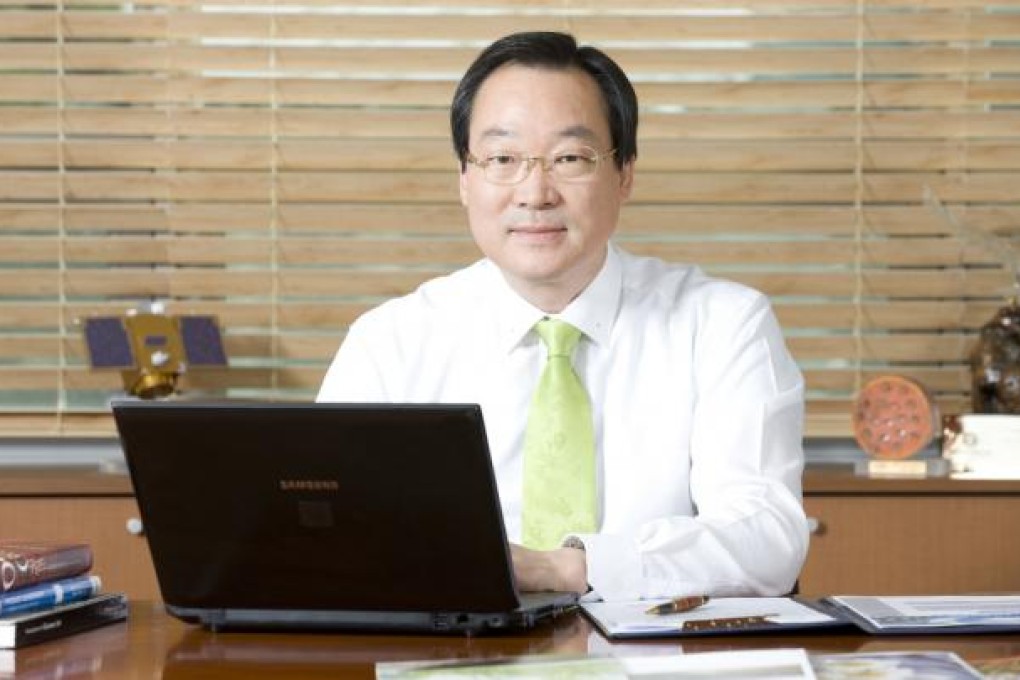KNF ushers in new atomic age with pioneering technology
Discovery Reports

The International Atomic Energy Agency estimates the number of nuclear power plants worldwide will double by 2030 with about 300 new facilities. South Korea, through its nuclear fuel designer and manufacturer KEPCO NF (KNF), will help usher in this new atomic age.
Initially relying on foreign expertise, KNF has grown to develop its own pioneering technology. The company celebrates its 30th anniversary with the completion of its High Performance with Efficiency and Reliability (HIPER) nuclear fuel under the company's X-Gen programme. This marks the first time the company has independently developed its own proprietary nuclear fuel, as KNF had previously been developing technology with another company. HIPER is designed to burn up 20 per cent higher than regular fuels for enhanced safety. It is slated for commercial supply from 2017 after the tests.
"Safety is our No 1 concern," says president and CEO Dr Kim Ki-hak. "To make the world's best zero-defect nuclear fuels, we strictly adhere to our own quality control system."
South Korea's Ministry of Knowledge Economy has recognised these efforts, naming KNF as an "Excellent Quality Competitiveness Enterprise" for 11 years in a row since 2001. California-based Electric Power Research Institute also notes that KNF's nuclear fuels incur 10 times less damage than American brands.
KNF, together with the KEPCO Group, has helped build the nuclear power industry of South Korea. From a single turnkey facility installed by foreigners in 1978, the country's nuclear power sector has grown to be the fifth largest worldwide. Its 23 operating plants account for about 35 per cent of the country's power supply and five more facilities are under construction. The country aims to have 59 per cent reliance on atomic energy by 2030.
"The nuclear technology independence of Korea is considered as a success model by other countries trying to develop a nuclear industry," Kim says.
KNF is helping set up a nuclear facility in the United Arab Emirates. The project includes the construction of a design research centre and a fuel fabrication factory. Fuel supply to the UAE is scheduled for 2016. The company is also assisting the Nuclear Power Institute of China, a new nuclear research institute on the mainland.
Poised for further growth, KNF is constructing a third fuel plant and a second tube factory in Nonsan to support local and export demand. The company is also seeking partners towards becoming a complete fuel cycle company covering all processes from uranium mining to handling spent fuel.
Other plans include going into waste management involving decommissioned plants and offering engineering services to analyse plant efficiencies among other things.
"We aim to be the world's third largest nuclear fuel cycle company by 2020," Kim says. "We are raising our capacities, technologies, skills and business processes to global standards."